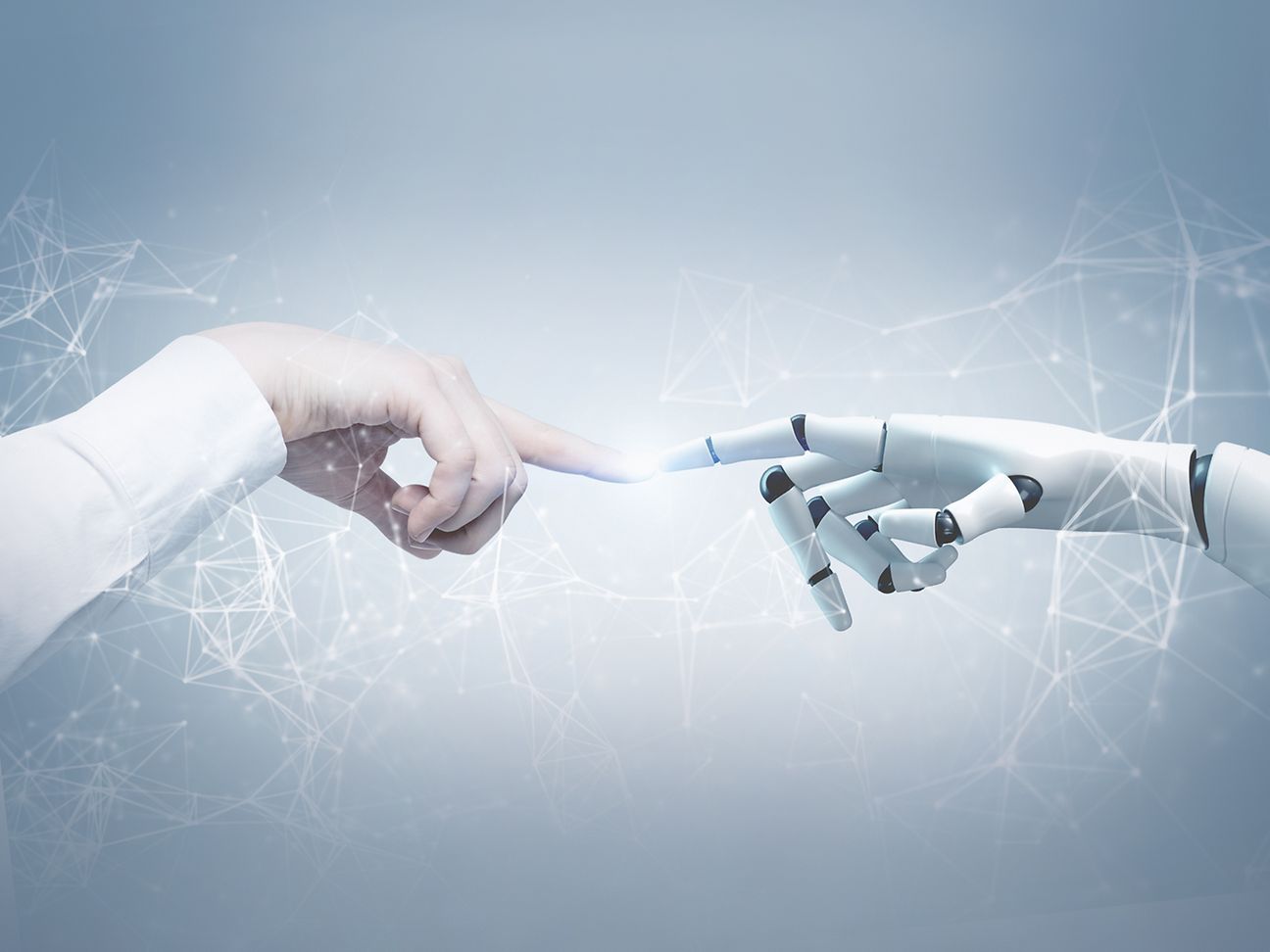

"For the Greater Good": The digital revolution and making the world a better place
Kitchen knives can be used to hurt, but they're also an essential tool used millions of times a day to get useful things done. And similarly, the phenomenon of digitization cuts both ways too. It really does have the potential to make the world a better place to live in – by providing easy access to information, enabling greater transparency and providing a previously unheard-of capacity to create networks.
In fact, the opportunities it provides are practically endless. Some examples include the following:
- Drones can provide images of the damage in the wake of a typhoon and can locate people in flooded areas in need of help.
- 3D printers can produce customized prostheses.
- Virtual reality now allows you to share the experience and feelings in day-to-day life of a young girl in a refugee camp, directly and realistically.
- Sharing platforms can help small-scale aid projects to capture public attention and to inspire people to donate.
- Specialist apps can help sick people to network with fellow sufferers, to collect health data together at a single location and to find good doctors and suitable therapies.
- Big data can predict epidemics and natural disasters, can initiate evacuations and perhaps put relief efforts into operation even before the event that makes them necessary.
You can find more inspiring examples in our text. Yet the debate all too often centers on the challenges and risks attached to the digitization process, and not on how its potential positive effects can be exploited more fully.
Why is that? Joana Breidenbach, co-founder of betterplace.org, surmises that people are never very good at dealing with change, and that they tend to react to it with feelings of denial and fear. But she is optimistic: "Most people are good hearted enough to want to make the world a better place", she says. And she answers the question as to whether the digital revolution is actually making the world a better place with a resounding "yes".
I am happy to subscribe to her positive vision and truly hope that we expend less energy in the future on training artificial intelligence to do things like beating humans at chess or at GO. And that we give up seeing head-mounted displays primarily as a new capability in the world of computer gaming.
Let's start exploiting digital technologies to the full, taking up all the opportunities they open up for us! In this area too, Breidenbach paints a positive picture. In her view, the digital revolution is "... quite like what happened when printing press was invented". People were aware of it's appearance – 'oh look, here's a new medium' – but they had no idea that a consequence of the new technology would be the Reformation, followed by the scientific revolution and the Age of Enlightenment.
Where do you see the greatest potential for building a better future? What is this new 21st-century Enlightenment likely to look like?
"We're at the gates of a new era, and we are going to need to create a set of new maps if we're to have a chance of navigating it successfully, of retaining a sense of direction, of knowing where we're going," Breidenbach tells us.
It is up to us to shape the future.
Enjoy reading this issue!

